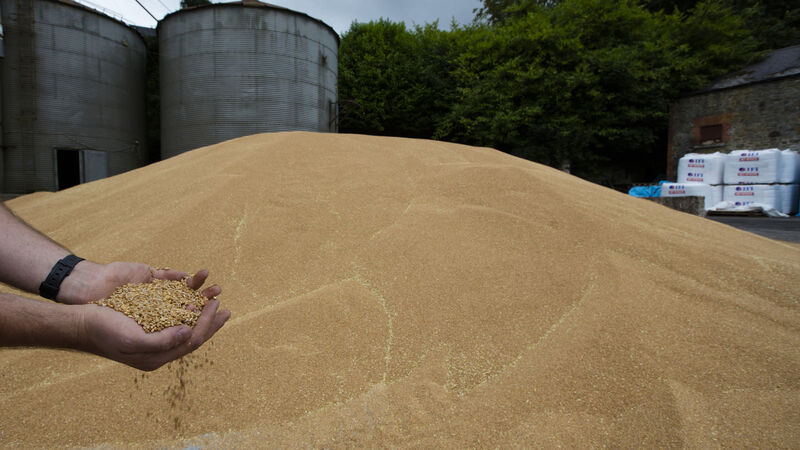Food inflation expected 'to stay elevated through rest of year'

The war has disrupted the production and export of crops from Russia and Ukraine, ranging from wheat and corn to sunflower seeds, a senior economist said. Picture: Eamonn Farrell/RollingNews.ie
Food inflation across the eurozone is set to stay at elevated levels through the end of the year, with the war in Ukraine only making "matters worse", according to an economics analysis.
Jack Allen-Reynolds, the senior Europe economist at Capital Economics, said the costs of making food were already on the rise before the war. However, the price of inputs such as fertilisers and the high energy costs entailed in producing processed foods meant that prices will rise further, he said.














